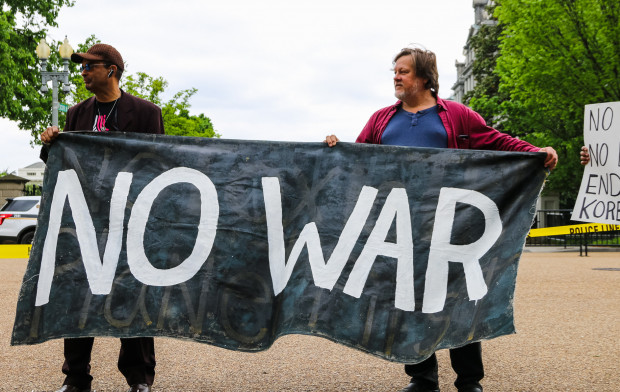The Trillion Dollar Budget For War
By William D. Hartung for Tom Dispatch - You wouldn’t know it, based on the endless cries for more money coming from the military, politicians, and the president, but these are the best of times for the Pentagon. Spending on the Department of Defense alone is already well in excess of half a trillion dollars a year and counting. Adjusted for inflation, that means it’s higher than at the height of President Ronald Reagan’s massive buildup of the 1980s and is now nearing the post-World War II funding peak. And yet that’s barely half the story. There are hundreds of billions of dollars in “defense” spending that aren’t even counted in the Pentagon budget. Under the circumstances, laying all this out in grisly detail -- and believe me, when you dive into the figures, they couldn’t be grislier -- is the only way to offer a better sense of the true costs of our wars past, present, and future, and of the funding that is the lifeblood of the national security state. When you do that, you end up with no less than 10 categories of national security spending (only one of which is the Pentagon budget). So steel yourself for a tour of our nation’s trillion-dollar-plus “national security” budget. Given the Pentagon’s penchant for wasting money and our government’s record of engaging in dangerously misguided wars without end...













